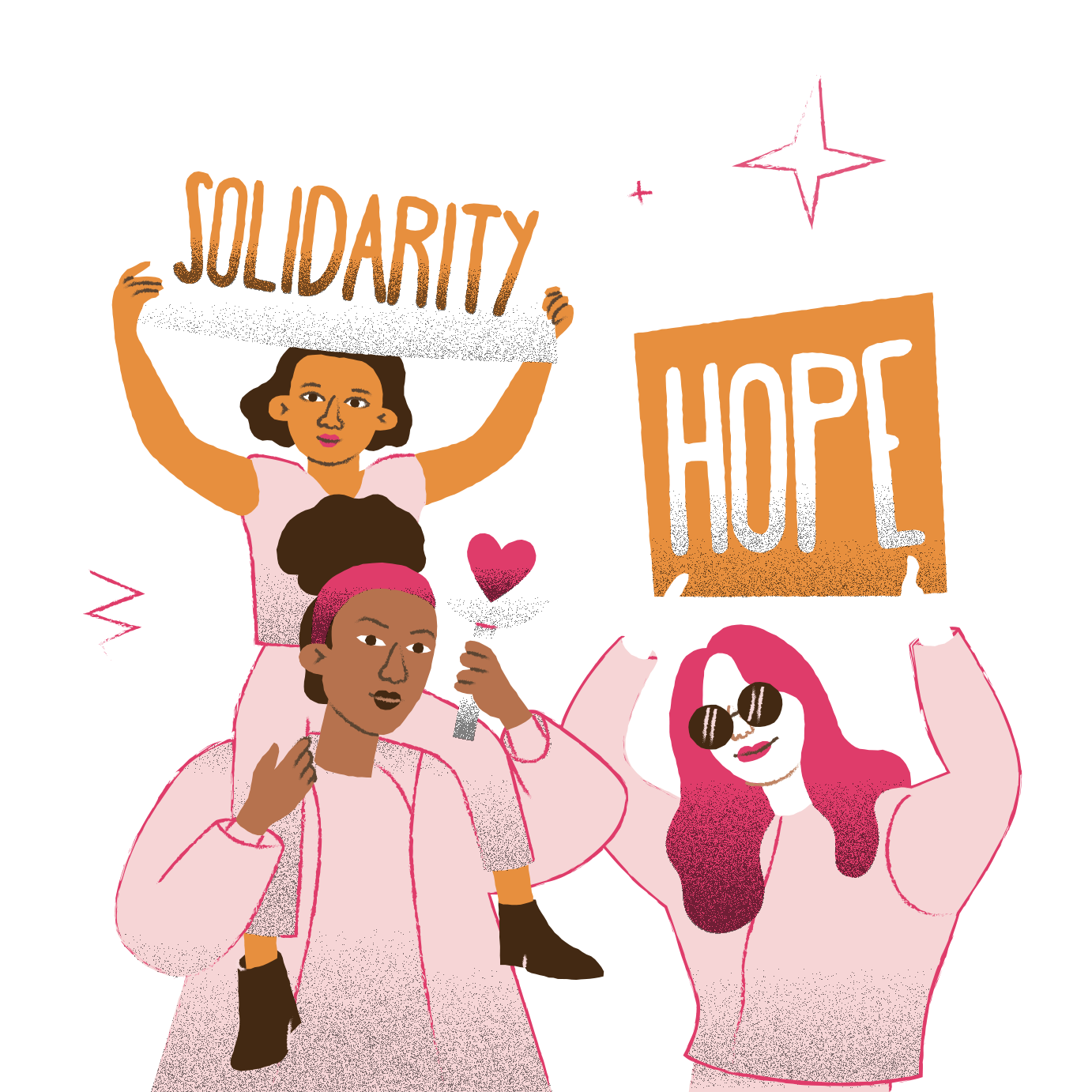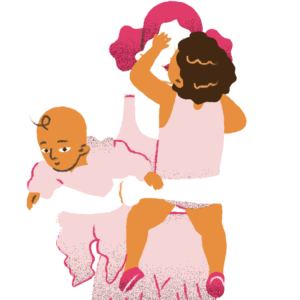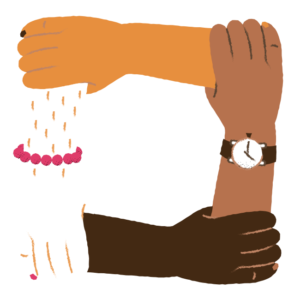Tips + Resources: Parenthood

Money Power Freedom podcast | Ep. 6 The Motherload
This is our final episode and gosh, it’s a doozy! Hosts Cal and Santi get down to the nitty gritty of money and power to find out why women are still being financially penalised for having children (especially single mothers) and how this concerns all of us, kids or no kids. Plus, hear from Dr. Lyndall Strazdins who says that in order to solve the gender pay gap once and for all, first we need to understand the gender gap in time.
→ Scroll down for key facts + tips
→ Download pdf version
→ Support services



